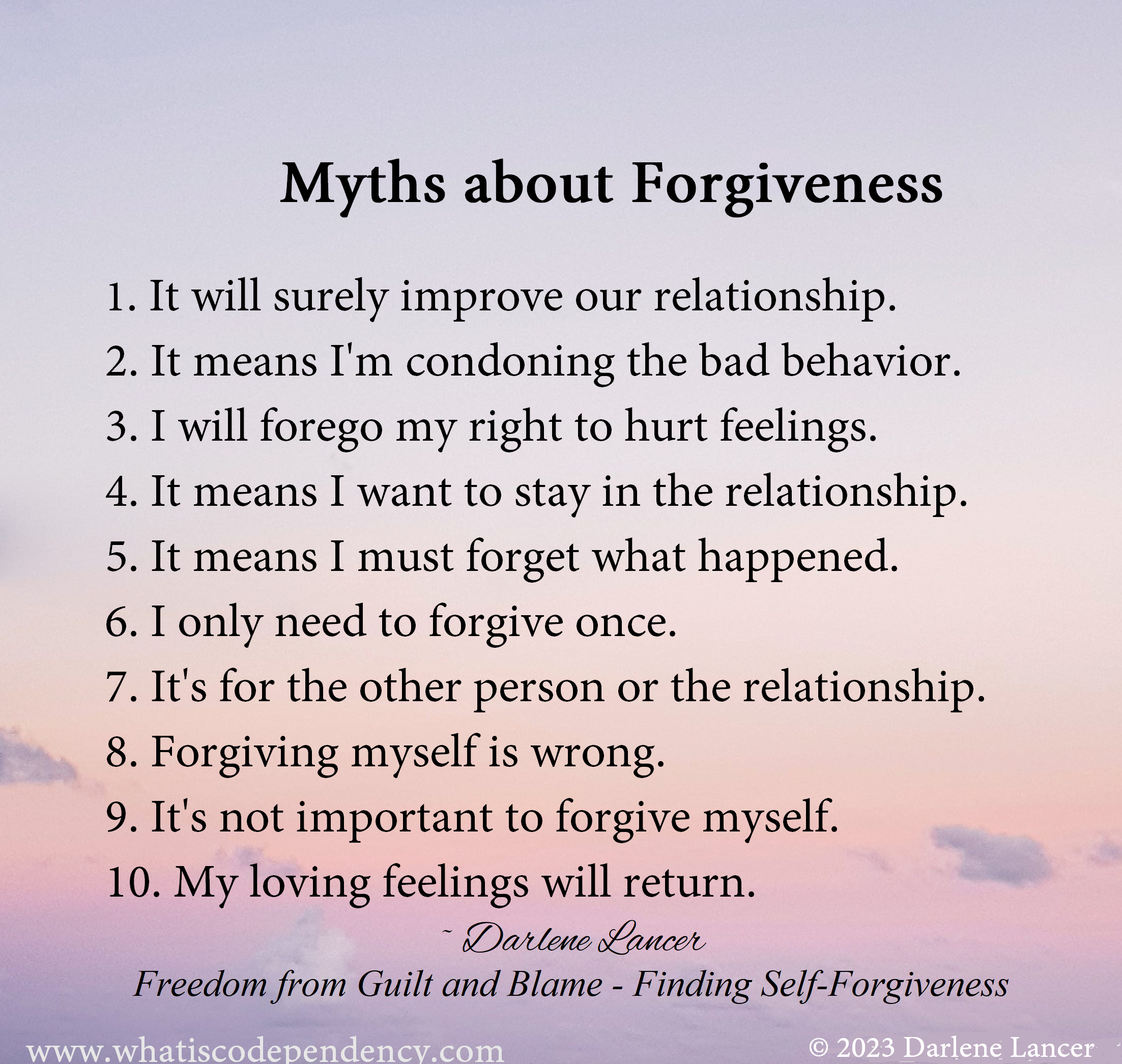Comprehending the Value of Forgiveness in Recovery Relationships
Mercy is frequently watched as a basic act of letting go, yet its relevance in healing partnerships expands far past mere absolution. What stays to be uncovered is the extensive impact forgiveness can have on private development and public consistency.
The Definition of Forgiveness
Although forgiveness is frequently viewed as an easy act of releasing, its interpretation incorporates an intricate interplay of emotional and emotional processes. At its core, mercy is the conscious choice to launch feelings of bitterness or revenge towards a specific or group that has actually triggered damage. This procedure is not just regarding discharging the offender; rather, it includes a profound emotional change that can bring about individual growth and healing.
Mercy is complex, frequently characterized by a person's inner battle to reconcile their pain with the desire for peace. It calls for recognizing the misdoings devoted, processing the associated emotions, and ultimately choosing to progress without the concern of animosity. This selection commonly requires a cognitive shift, where one reframes their understanding of the perpetrator and the transgression, permitting empathy and comprehending to arise.
Notably, forgiveness does not indicate condoning the behavior or forgetting the crime; it is a deliberate act that prioritizes emotional wellness. By defining mercy in this way, we can appreciate its function in helping with healthier connections and fostering psychological strength, setting the stage for deeper exploration into its advantages.
Psychological Advantages of Forgiveness
Mercy supplies considerable emotional benefits that can exceptionally affect a person's mental health and wellness and overall health. When an individual chooses to forgive, they proactively release sensations of animosity, rage, and bitterness, which can otherwise develop a heavy emotional burden. This release typically leads to a decrease in tension and stress and anxiety, promoting a feeling of tranquility and psychological stability.
Moreover, forgiveness cultivates an enhanced ability for empathy and empathy. By understanding the perspective of the transgressor, people can cultivate a deeper psychological strength, which improves their capability to cope with future challenges. This procedure not only enhances psychological law however also contributes to an extra favorable expectation on life.
Additionally, flexible others can reinforce one's self-confidence and self-regard. It permits people to reclaim their personal power, damaging without the unfavorable cycles of victimhood - The importance of forgiveness. This newfound empowerment can result in healthier emotional responses and more powerful interpersonal relationships
Forgiveness vs. Settlement
The distinction in between mercy and settlement is vital in understanding the characteristics of healing connections. Forgiveness is an interior process in which an individual selects to let go of bitterness and adverse feelings towards someone that has actually created damage. It is mostly an individual journey, concentrated on emotional launch and self-healing, allowing one to relocate forward without carrying the burden of previous grievances.
On the other hand, reconciliation includes rebuilding and bring back the connection to a state of trust fund and common respect. This process commonly calls for open interaction, active participation from both events, and a commitment to addressing the underlying problems that caused the dispute. While mercy can take place independently, settlement necessitates the desire of both individuals to engage in dialogue and pursue a shared understanding.
It is essential to keep in mind that forgiveness does not always bring about settlement. A person might forgive another without choosing to bring back the partnership, specifically if trust fund has actually been irrevocably damaged or if the relationship is regarded harmful. Comprehending this distinction permits individuals to browse their emotions efficiently and make informed decisions concerning their connections.
Steps to Grow Forgiveness
Cultivating mercy is a calculated procedure that includes a number of key steps focused on facilitating psychological healing. The initial step is acknowledging the discomfort caused by the infraction. Recognizing one's feelings is necessary, as it allows individuals to process their emotions genuinely.
Following, assessing the event and comprehending its influence can give clearness. This reflection ought to consist of checking out the inspirations behind the wrongdoer's activities and identifying that every person is imperfect.
The third action includes making a conscious choice to forgive. This choice is essential, as it symbolizes a willingness to allow go of bitterness and move on.
Ultimately, sharing feelings in a constructive way can be useful - The importance of forgiveness. Whether via journaling, chatting with a trusted good friend, or looking for treatment, expression of emotions can help in the forgiveness trip
Real-Life Examples of Mercy

In one more example, a close-knit team of buddies encountered a significant rift after one participant inadvertently shared a private secret. Rather than nurturing bitterness, the impacted friend decided to forgive, recognizing the value of valuing the friendship over the mistake. This decision encouraged open discussion and inevitably enhanced their connection.

Final Thought
To conclude, mercy plays a critical duty in the healing of connections by helping with the release of unfavorable emotions and fostering compassion. By comparing forgiveness and settlement, people can involve in a constructive procedure that improves psychological wellness. Applying actions to grow forgiveness can cause transformative outcomes, enhancing connections and advertising a supportive setting. Eventually, the practice of mercy offers as a stimulant for personal development and the nurturing of much healthier social characteristics.
